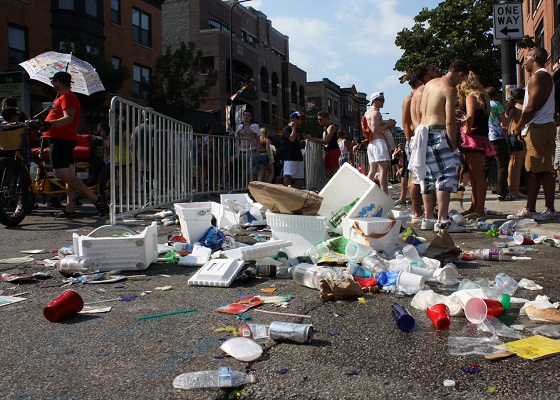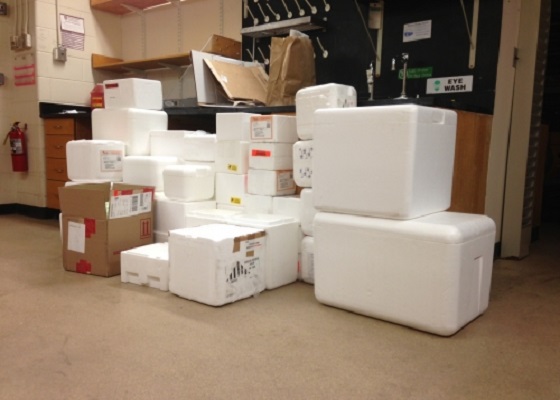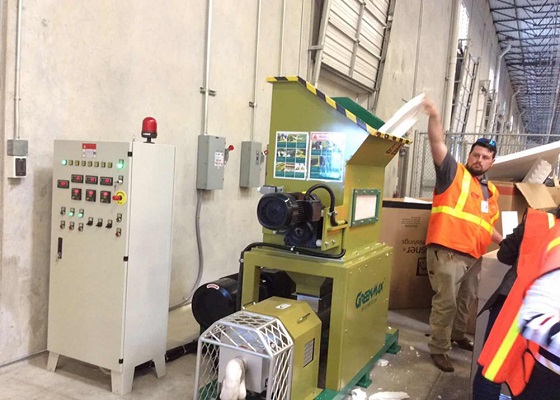EPS recycling becomes an opportunity for some enterprises with the application of GREENMAX foam densifier
In recent years, the extensive applications of EPS material has brought many problems to our environment, but it brought opportunities to many enterprises at the same time.
EPS is not biodegradable, more specifically, it will take a long-term to degrade naturally. When it is not compressed, it often ends up in landfills. The lightweight but expansive materials cause serious problems. In regions where recycling is relatively backward, you can see lots of EPS waste in streets, rivers, which seriously affect our living environment.

However, when compacted, the EPS waste can be sold for recycling and even generate an income. That is why more and more enterprises are looking for new way to start their EPS recycling business.
As for some household appliances and furniture stores, in order to avoid the damage of goods, a large number of packaging materials are required in the process of transportation. Due to lightweight, good anti-shock and moisture-proof performance, EPS is the most cost-effective material as packaging boxes.

In the past, most furniture stores and logistics companies just deliver the commodity to the customers. As the quality of service improved, they were not only responsible for the installation, but also took away the garbage-EPS packaging when they leave. So where has the EPS waste gone?
Some companies start thinking about recycling these foam waste. In order to save costs during storage and transportation, they have adopted EPS densifier to reduce foam volume and achieve effective recycling process. GREENMAX EPS densifier provides excellent processing power for many different types of foam plastics, and the melting ratio reaches 90:1 with simple operation.

EPS recycling is an opportunity and also a challenge. It depends on how we treat it. Just like some regions choose to ban the use of EPS products, and some regions support EPS recycling projects, and what’s your opinion?
